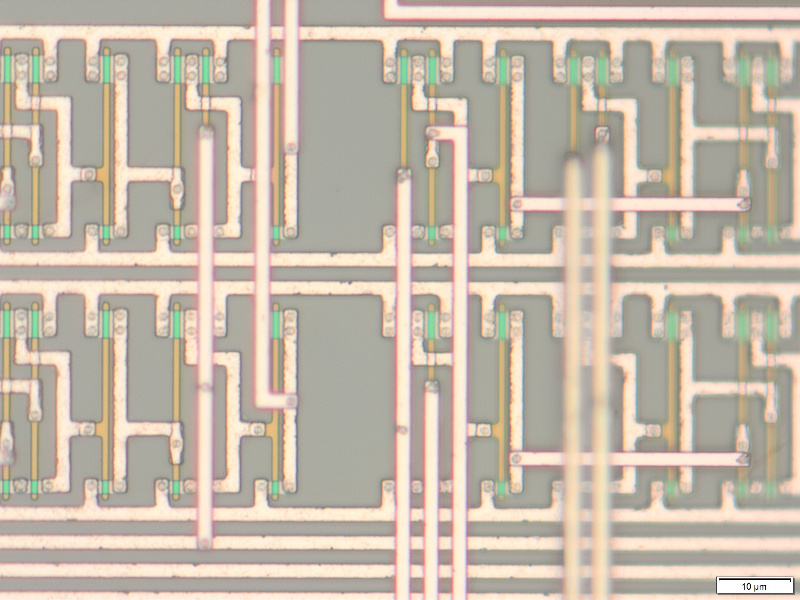The course covers process technologies that are used in micro- and nanofabrication of devices and systems on wafers. Applications include all technologies that are based on wafer scale fabrication such as integrated circuits, micro-electro-mechanical systems and optical devices. The basic unit processes deposition, patterning, etching, doping and heat treatment are covered, followed by process integration to build complex devices including statistical process control and yield models. Moore's law and the basic economics for integrated circuits are covered and examplified by reviewing the state-of-the art process technology nodes. Hands-on experience of fabricating devices in a clean room (Electrum Laboratory) and use a number of unit processes included in the course.
The course gives the student basic understanding of the sustainability aspects in integrated circuit fabrication.
